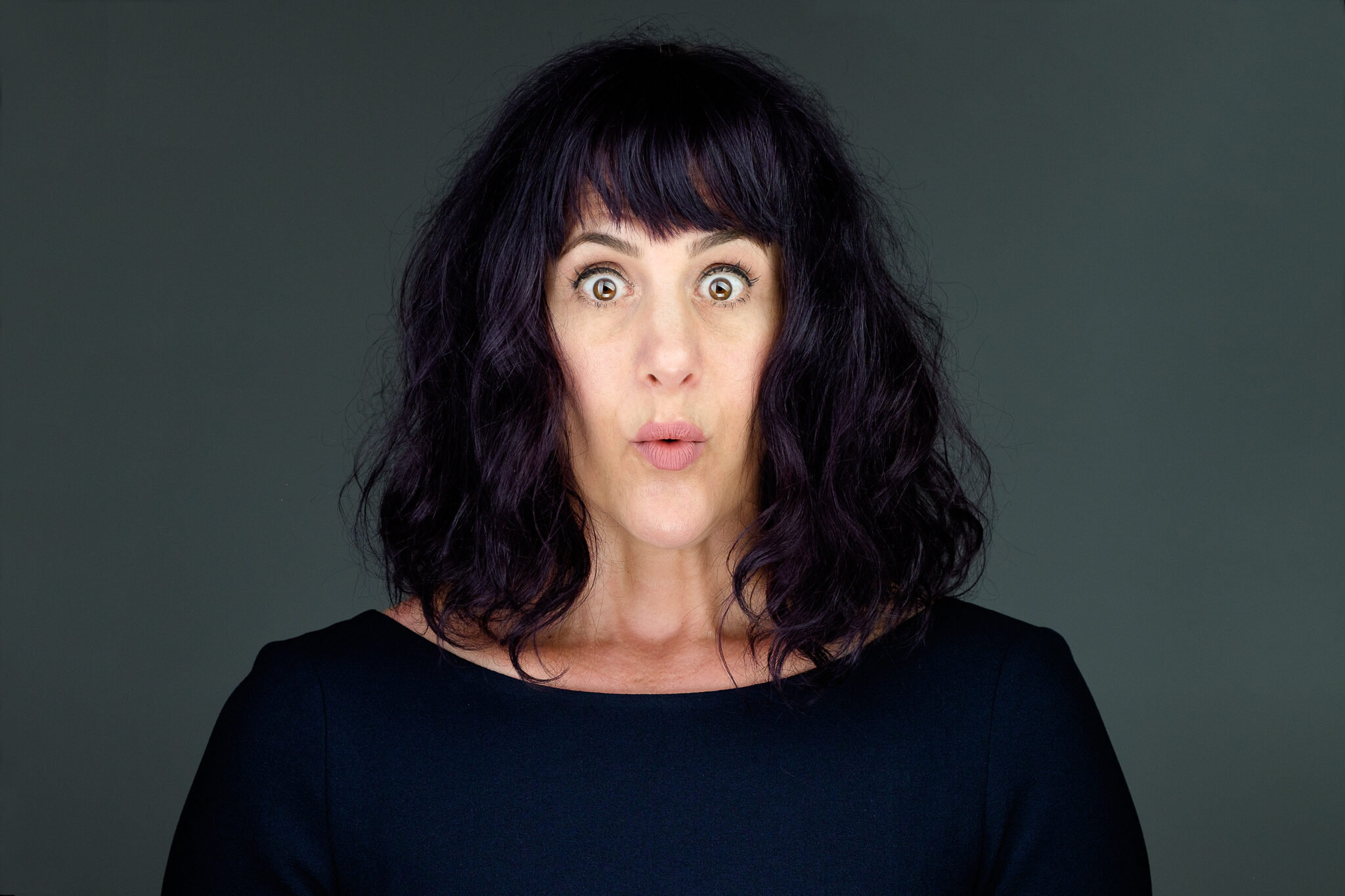
Many who get COVID-19 lose their sense of smell and taste. While most will regain their olfactory and gustatory abilities after a few weeks or months, the pandemic has been an involuntary introduction to life as an anosmic. About one in 10,000, according to the Genetic and Rare Diseases Information Center, can be born without a sense of smell.
“Before 2020, no one knew the word ‘anosmic’ — let alone how to say it, but let alone what it meant,” Niwot comedian Dia Kline told Colorado Matters. “And I'm talking [about] doctors, I'm talking [about] people who suffered from it! We didn't know what we had and it's this thing called ‘anosmia.’”
Kline is public ambassador for the global nonprofit Fifth Sense UK, which supports people affected by smell and taste disorders. Kline also does smell-related comedy to help people understand anosmia.
"I won't know if my breath smells like I only eat garlic and coffee,” Kline quipped. “I won't know unless you tell me. Engage me! Engage me because I'm asking you to understand my world."
The condition can be congenital (like hers) and acquired. Head injuries, dementia, and other viruses can lead to permanent loss of smell. While treatment is lacking, Kline did recommend some resources for her fellow anosmics: The Smell Podcast: Interviews with congenital and acquired anosmics. There’s a Facebook Group. And a recommended book, A World Without Smells by Lars Lundqvist.
Interview Highlights
On how she realized she couldn’t smell:
“I have a very clear memory of this. I was four years old and I remember walking into my house with my father and brother. As soon as we walked in the front door, they both exclaimed ‘spaghetti for dinner!’ I couldn't figure out how they knew this because you could not see the kitchen from the front door. And I'm asking, ‘how do you know?’ And my father told me to ‘just breathe in through your nose and smell,’ which was entirely not helpful. [He] continued that same command to me for most of my childhood.”
On how congenital anosmia has affected Kline’s life:
“I've almost burnt my house down four times. My cat saved me a couple times meowing and trying to get my attention. So without her, I definitely would have had less of a house to come back to. For the longest time it was so irrelevant. It was just a thing like, ‘yeah, my name is Dia, like the airport, and I can't smell. And I just moved on with it. It was just such a non issue. It didn't affect how I acted in my daily life, how I interacted with people. It didn't affect my self esteem. I'm not concerned with ‘do I stink?’ Everyone stinks. So I'm no different. But it wasn't until I found out the name in my mid-40s ‘congenital anosmia’ is the thing that I am! And I started finding other people who knew my reality, who understood exactly where I came from and how I live, that I started embracing my anosmia as a part of my identity — as a thing that does make me unique.”
On her ability to taste, which surprises people:
“Doctors would just say, ‘Ah! She just isn't noticing she's smelling because’ — oh here's the big one — ‘because she can taste! She has to be able to smell.’ I like to consider my sense of taste to be a pure sense of taste and the comparison I like to give people is you, as a smelling-tasting person, you get the really cool box of Crayola-brand 96 crayons with the sharpener in the back. I show up with the off-brand box of 12. My tools are just not as deep, but I have the ability to taste pure tastes. What you people who smell and taste think that you are calling a taste is most of the time flavor, which is what you get with the combination of smell and taste. So I have an exceptional sense of taste and I love doing taste tests and challenges with people to gauge just how well I can taste.”








